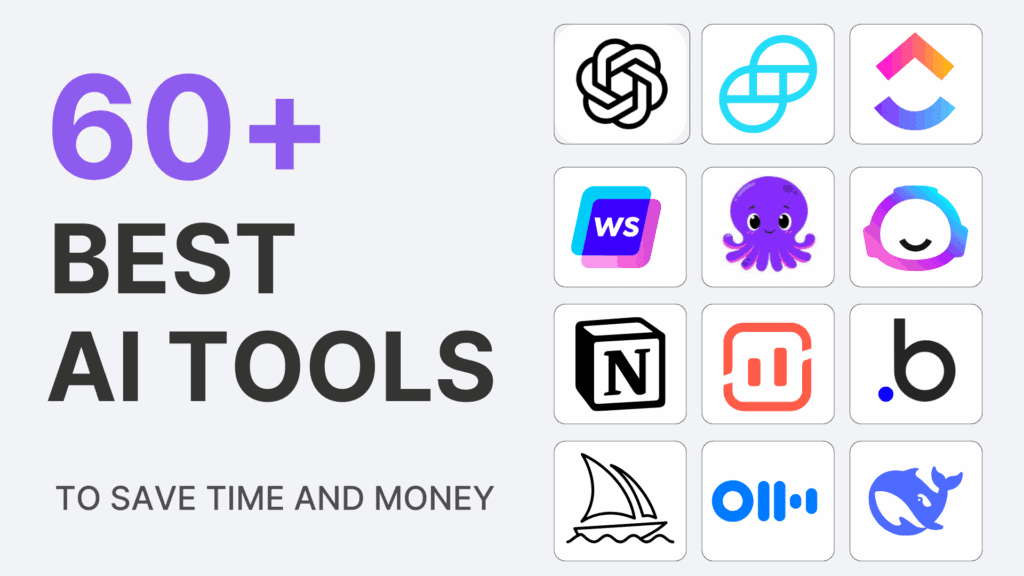In the dynamic landscape of digital marketing, a “cookie” is a piece of data stored on a user’s device, typically within their web browser, by a website they visit. This file serves a multitude of purposes, from remembering user preferences to tracking online behavior.
Types of Cookies in Marketing
1. Session Cookies
These temporary cookies are integral for managing user sessions. They are created when a user visits a website and are deleted once the browser is closed. Session cookies are often employed to store information temporarily, such as the items in a shopping cart during an online session.
2. Persistent Cookies
Unlike their session counterparts, persistent cookies remain on the user’s device even after they close the browser. These cookies have a predefined lifespan and are commonly used for remembering user preferences, login details, and other information across multiple visits.
3. First-Party Cookies
Set by the website the user is actively visiting, first-party cookies are crucial for retaining user-specific data, including preferences and login information. They play a key role in delivering a personalized and seamless browsing experience.
4. Third-Party Cookies
Created by domains other than the website being visited, third-party cookies are often used for tracking and collecting user data across various websites. Marketers leverage this information for analytics, ad targeting, and retargeting campaigns.
The Role of Cookies in Digital Marketing
1. User Tracking and Analytics
Cookies provide marketers with valuable insights into user behavior and website interactions. Analytics tools use cookie data to generate reports on user engagement, popular pages, and the effectiveness of marketing campaigns.
2. Personalization
Cookies enable websites to deliver personalized content based on a user’s past interactions and preferences. For instance, an e-commerce site may use cookies to recommend products similar to those a user has previously viewed or purchased.
3. Targeted Advertising
Advertisers leverage cookies for targeted advertising. If a user visits a website but doesn’t complete a purchase, cookies can be used to display targeted ads for the abandoned products when the user visits other websites, encouraging a return to complete the transaction.
Cookies in Affiliate Marketing
Cookies are the backbone of tracking mechanisms in affiliate marketing and contribute significantly to the implementation of attribution models for this channel. When a user clicks on an affiliate link, a unique identifier is stored in a cookie on the user’s device. This identifier allows the affiliate program to recognize and associate subsequent actions, such as purchases or sign-ups, with the referring affiliate.
Example Scenario: The Role of Cookies in Action
Consider a scenario where a user visits an online clothing store. The website utilizes cookies to remember the user’s preferences, such as preferred sizes and color choices. If the user adds items to their shopping cart but leaves the site before completing the purchase, persistent cookies come into play. These cookies retain information about the items in the cart.
Later, when the user visits a news website or social media platform, third-party cookies may be utilized for targeted advertising. The clothing store, using the information stored in cookies, can display ads featuring abandoned products, enticing the user to return and finalize the purchase.
Privacy Considerations and Evolving Trends
While cookies are instrumental in enhancing user experiences and aiding marketers, privacy concerns have led to increased scrutiny and regulations. Many web browsers now offer users the ability to manage cookie settings, including options to block or delete cookies.
Moreover, privacy-focused technologies, such as intelligent tracking prevention, aim to strike a balance between user privacy and essential functionalities on the internet. Marketers need to stay abreast of these developments, adhere to privacy regulations, and adopt transparent practices to maintain trust with their audience while leveraging the benefits of cookies for effective digital marketing strategies.
Adjusting Strategies in a Post-Cookie World
The deprecation of cookies, particularly third-party cookies, by major web browsers, poses challenges for marketers, especially in the realm of user tracking, targeting, and attribution. Understanding the implications of cookie deprecation and adjusting strategies using cookieless tracking methods to survive in a cookieless world accordingly is crucial for marketers. Here are a few recommendations to start planning;
1. First-Party Data Emphasis
Relying more on first-party data becomes paramount. Encourage users to willingly share information through opt-ins, registrations, and subscriptions, building a more direct and transparent relationship.
2. Implementing Consent Management Platforms (CMPs)
Consent becomes a cornerstone of user data usage. Implementing CMPs allows marketers to obtain user consent explicitly, ensuring compliance with privacy regulations.
3. Exploring Alternative Tracking Technologies:
With the limitations of traditional cookies, exploring alternative tracking technologies such as first-party cookies, server-to-server tracking, and fingerprinting becomes crucial. However, these should be implemented with user privacy in mind.
4. Embracing Contextual Advertising:
Contextual advertising, which focuses on the content context rather than user behavior, gains prominence. Adapting strategies to align with the content a user is actively engaged with becomes a viable alternative.
5. Investing in AI and Machine Learning:
AI and machine learning technologies can help analyze available data more efficiently, providing valuable insights even in the absence of granular user tracking.
6. Collaboration and Industry Standards:
Marketers should actively participate in industry collaborations to establish and adhere to standards that balance privacy and marketing needs. Being part of the conversation can influence the development of privacy-centric solutions.











